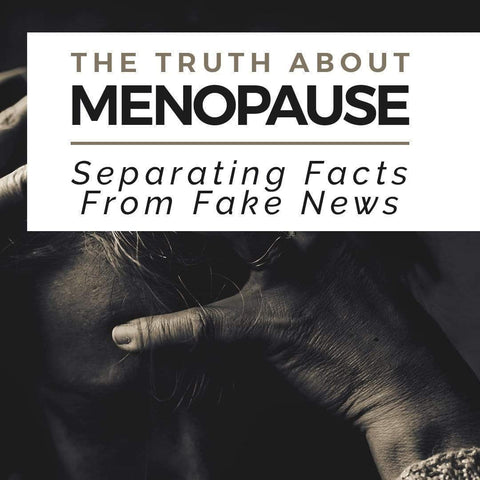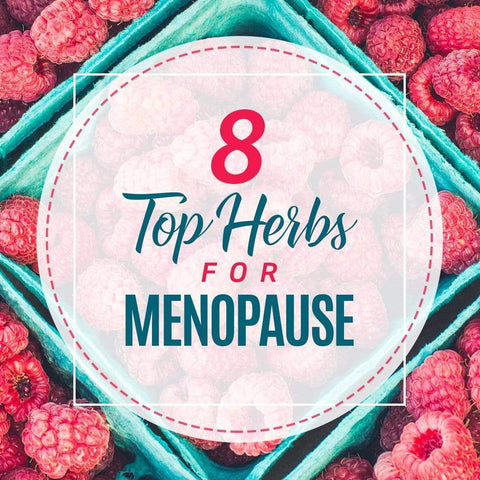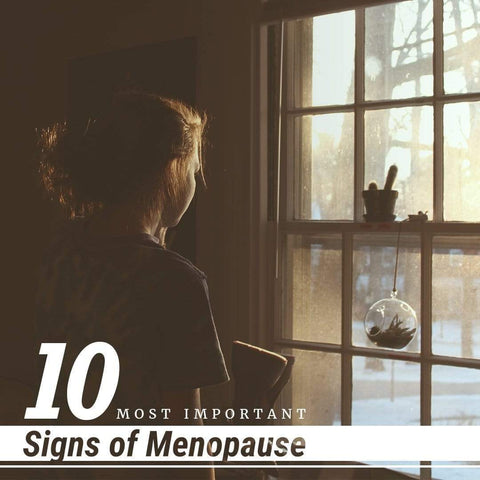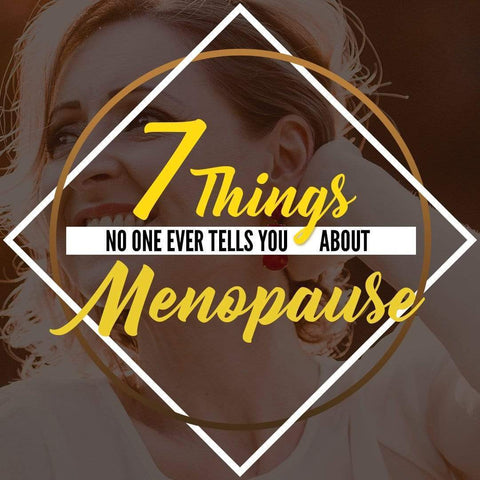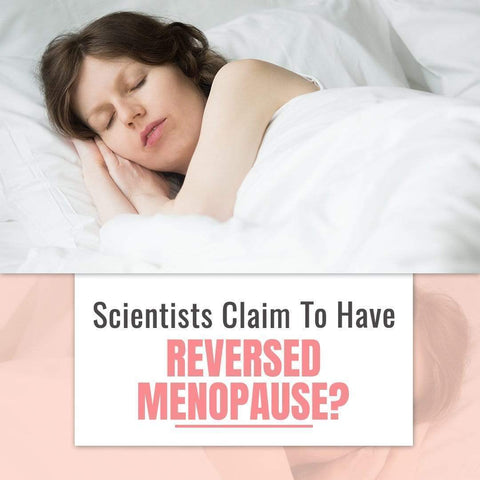
It is generally thought that menopause is the result of declining levels of hormones.
Certainly, the decline of female sex hormones such as estrogen and progesterone profoundly affects an aging woman’s body. Sex hormones, in both females and males, play many more roles in physiology than just determining physical appearance and sex drive.
Estrogen, for instance, is crucial for bone health. You wouldn’t have thought it, would you? Estrogen plays a role in controlling bone maintenance (bones are constantly rebuilding themselves) and bone mineral density.
Estrogen is also involved in keeping skin strong and elastic, improving the cardiovascular and immune system, and regulating mood.
Progesterone is another sex hormone that declines during menopause. And like estrogen, progesterone is involved in so many parts of one’s bodily health. It plays a role in keeping skin thick, strong, elastic, and youthful, and it is also important for mood regulation, as it is a neuromodulator.
When these hormones decline and the body suffers in function, women feel the effects. They are not pleasant, but there are some natural steps that can be taken to significantly ease these symptoms.
Are the Sufferings of Menopause Purely Hormonal?
Many people and practitioners have hypothesized that hormonal decline is not the only reason why women experience symptoms of menopause. And scientific evidence indeed suggests that certain types of toxicity and damage can alter menopausal health or even cause menopausal troubles.
Exclusive Bonus! Download the FREE report ‘12 Steps For Natural Menopause Relief’ by clicking here.
Glycation, Inflammation, and Oxidative Stress – Onset and Worsening of Menopause
Why does menopause occur in the first place? Is there simply an internal clock that’s set from birth, and when the time is up, the ovaries stop producing hormones? That might not be the whole story.
After all, women begin menopause at different times – some in their 40s, some in their 50s. Researchers think that the rate at which the reproductive system ages can influence how hormone-producing glands function.
For instance, damage by oxidative stress and a process called glycation can accelerate the aging of ovaries1. Glycation is a process by which proteins (in nearly any tissue in the body) are damaged by sugars binding to the proteins and thereby damaging their structure. And the scary thing is that glycation greatly accelerates oxidative stress and inflammation1.
Glycation and oxidative stress – not just hormone decline – can also worsen many of the symptoms and diseases, and accompany menopause.
With increased damage, it is thought the ovaries become dysfunctional sooner and produce less hormones. Glycation and oxidative stress – not just hormone decline – can also worsen many of the symptoms and diseases, and accompany menopause.
Glycation and oxidative stress – not just hormone decline – can also worsen many of the symptoms and diseases, and accompany menopause.
Women with osteoporosis and menopause have higher circulating levels of glycation damage markers called AGEs (advanced glycation end products)2. Bones can be damaged by glycation, and bone rebuilding is impaired by glycation damage2. This damage is also partially responsible for cardiovascular disease in menopausal women3.
Luckily, lifestyle factors can minimize glycation damage. Stay away from high-sugar and high-glycemic processed foods, which spike blood sugar and glycation. Also, minimize grilled, baked, or high-temperature cooked animal products, which usually contain a lot of AGEs.
Environmental Pollutants and Menopause
Holistic practitioners have long had the suspicion that pollution in our food, water, and air has worsened the sufferings of menopause in the last century or so. To illustrate just how much environmental pollution has affected our bodies, we have more than 1,000 times the lead in our bones than our pre-industrial ancestors had4.
And it’s this bone-stored lead that researchers think may cause symptoms during and after menopause. Because of menopause and hormonal changes, bones break down more quickly and release their mineral content into the bloodstream5. About 90% of accumulated bodily lead is stored in the bones, and researchers think that much of this lead is released around the time of menopause5. And no doubt, such a toxic metal causes symptoms when it is released into the bloodstream.
About 90% of accumulated bodily lead is stored in the bones, and researchers think that much of this lead is released around the time of menopause5. And no doubt, such a toxic metal causes symptoms when it is released into the bloodstream.
Common symptoms of lead toxicity are irritability, constipation, abdominal pain, loss of appetite, and insomnia.
Pollutants can also trigger the early onset of menopause by disrupting hormonal signaling and damaging the uterus6. Women with higher amounts of a host of synthetic pollutants in them typically experienced menopause about 2-4 years earlier than those with lower levels6. Researchers note that pollutants may have a “profound” negative impact on mood, memory, and the quality of life of menopausal women7. Also, these hormone-disrupting chemicals are tied to diseases that accompany aging like cardiovascular disease7.
Are you tired of suffering the side effects of menopause?
Well I’ve got good news…
Our new guide reveals the secret to lasting menopause relief and how “hormone mimetics” are changing the way we manage menopause symptoms.
Stop living on the sidelines and start enjoying a life again. Download the report, FREE for a limited time.




